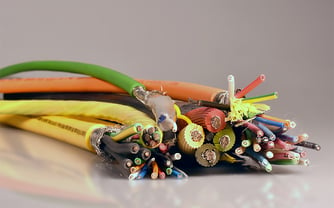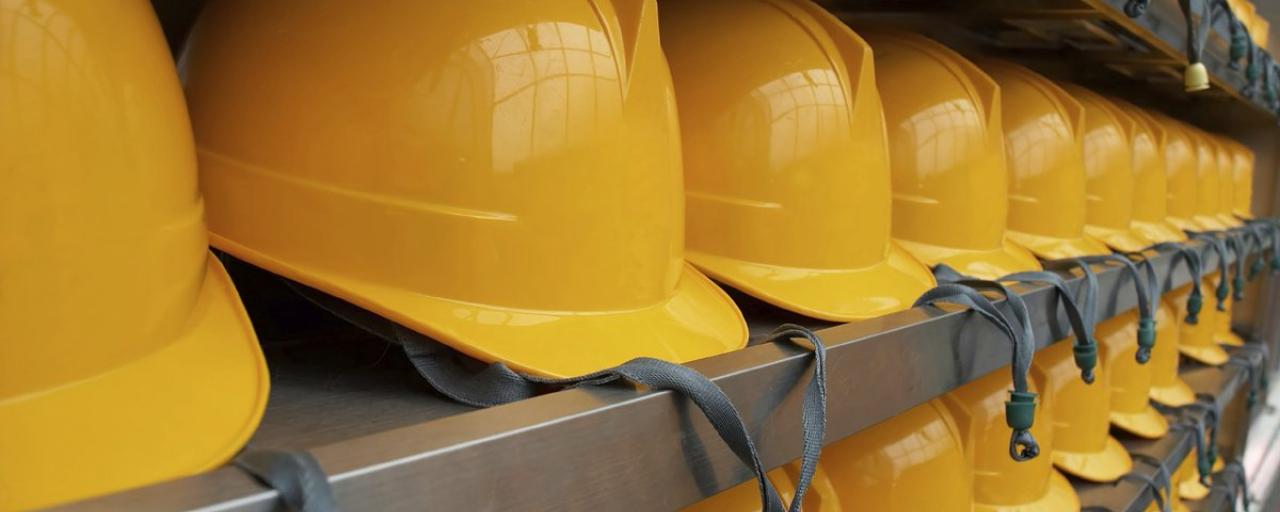 Industrial and commodity wire and cables are truly two different types of cables used for different applications. Industrial wire and cables are designed and manufactured for use in industrial settings such as Industrial Automation, Metals, Manufacturing, Military, Utility, Transit, and other heavy-duty industries and applications.
Industrial and commodity wire and cables are truly two different types of cables used for different applications. Industrial wire and cables are designed and manufactured for use in industrial settings such as Industrial Automation, Metals, Manufacturing, Military, Utility, Transit, and other heavy-duty industries and applications.
They are typically made with high-quality materials and have advanced features such as TSE jacket materials, tinned copper conductors, no-wick fillers, braided sleeving, industry ratings, and high-performance characteristics. Industrial wire and cables are more expensive than commodity products because they require higher levels of engineering, testing, and manufacturing expertise, however, you can avoid unplanned downtime by using high-quality, high-performance wire and cable products that won't need constant replacement from damage or wear.
Benefits of using industrial cables in industrial settings:

- Durability: Industrial cables are designed and manufactured to withstand harsh and abusive environmental conditions such as extreme temperatures, flexing, impact moisture, chemicals, and abrasion. They are made with high-quality materials that are designed to last longer and provide better performance in a wide range of MRO and OEM industries.
- Safety: Industrial cables are designed to meet strict safety standards and regulations. They have advanced features such as high voltage rating, fire resistance, and noise reduction that ensure the safety of workers and equipment.
- Reliability: Industrial cables are designed to provide reliable performance in demanding industrial environments. They undergo rigorous testing and quality control to ensure that they meet or exceed industry standards.
- Cost-effectiveness: Although industrial cables are more expensive than commodity cables, they are cost-effective in the long run because they last longer and require less maintenance. This reduces unnecessary downtime and repair costs, which can save money in the long run.
- Versatility: Industrial cables are available in a wide range of AWG sizes and types, making them suitable for various industrial applications. They can be used for power transmission, communication, control, and instrumentation.
On the other hand, commodity wire and cable are designed and manufactured for general-purpose applications such as residential wiring, office wiring, and other non-industrial settings. These cables are typically made with lower-quality materials and have basic features such as standard voltage ratings and basic insulation. Commodity products are less expensive than industrial cables and wires because they are produced in large quantities and do not require advanced engineering or testing.
In summary, industrial wire and cable are engineered for use in demanding harsh industrial applications and require higher levels of expertise and quality control, while commodity cables and wires are designed for general-purpose applications and are produced in larger quantities at a lower cost.

